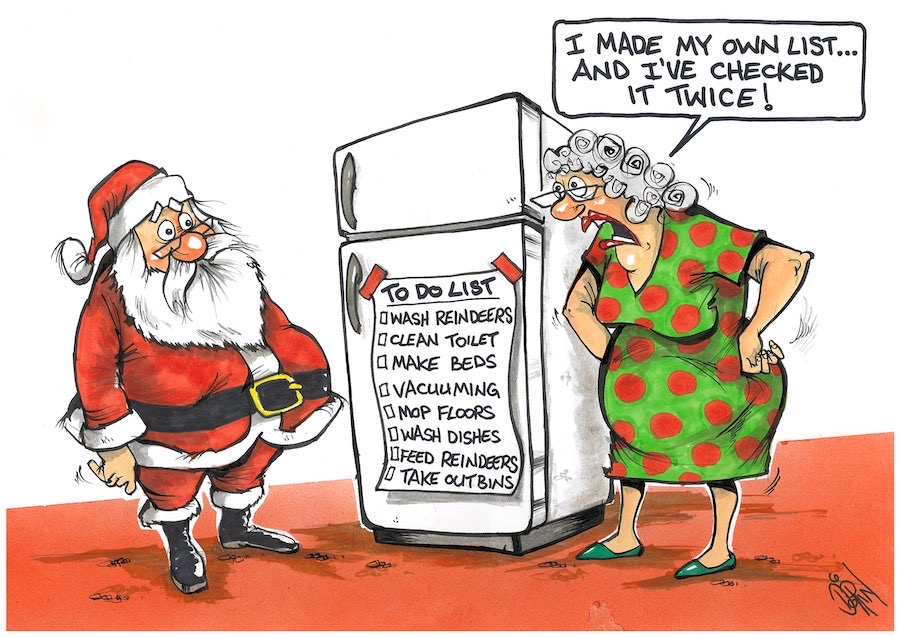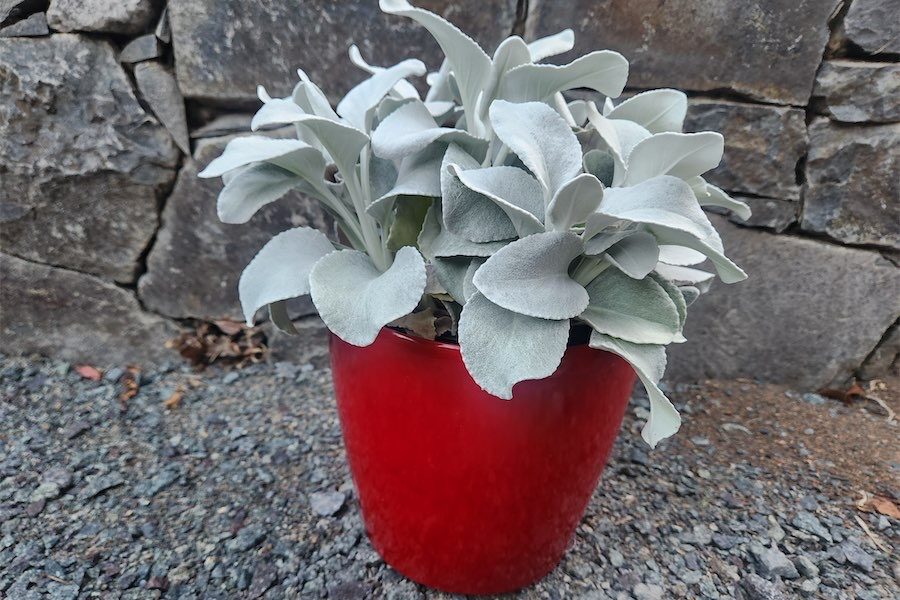
IT’S another sad sign of the times when history repeats to see the annual History Week curtailed in the region for the second year running.
While Queanbeyan was to host two events and an online exhibition for 2021, due to the impact of covid none will run between the scheduled festival dates of September 4-12.
The local highlight was set to be what’s believed to be the earliest known surviving panorama of Queanbeyan. The impressive item was the work of Charles Pickering, a roaming photographer at the tail end of the 19th century whose pastime was snapping tombstones in rural NSW towns.
Queanbeyan’s Local History librarian Brigid Whitbread is naturally disappointed but points out that rather than cancelled, for the moment the planned events are postponed.
“We were going to do a talk on Pickering’s panorama at the newly restored Rusten House and featuring a number of great panoramas of Queanbeyan from those early days,” she says.
“Members of the Queanbeyan Museum were also going to be hosting a history walk ending up there to focus on its collection, so that’s on hold as well.”
The extensive photographic memorabilia of a former local, Theo Cooper, was also to be made available online.
“That was the plan, but ultimately they will happen just not in September as we’d hoped,” maintains a positive Brigid.
Last year, only a single item featured on the local program, a “hybrid” Q&A-style panel with a limited number of in-person guests and others participating by Zoom.
Exploring the theme “History – what is it good for?”, Brigid says while a success, the current stay-at-home orders mean organising anything similar for this year is virtually impossible.
“While there’s an idea that everything’s online, that’s certainly not true,” the librarian points out.
“We were working on a couple of alternatives but because of the situation, they’ve had to be shelved.”
“The difficulty of course, is even putting an exhibition together. With lockdown and working from home, our team just doesn’t have access to all the resources to be able to do it, so that makes putting anything together tricky.”
NSW History Week, which celebrates and explores the past in order to “shape the present and the future”, was first launched by the History Council of NSW in 1997.
With its 2021 theme “From the Ground Up”, while some activities are looking to be rescheduled, the History Council’s website is promoting online and social media events it appears will proceed.
This includes an exhibition on the anti-Vietnam War protest marches of 50 years ago and a webinar featuring University of Sydney urban history students sharing stories of the city.
Another virtual event to stream live focuses on the re-interment records of the old Sydney Cemetery which had to be dug up in 1901 to make way for the Central Railway Station.
Brigid is also keeping an eye on a Port Macquarie history conference intending to be run entirely online during September.
“They’re a small, local, family history group, so it will be interesting to see how that goes from a grassroots sort of level,” she says.
In other Queanbeyan commitments to History Week, a small group of teachers at Queanbeyan West Public School is seeking interesting historic photos to share with their charges.
“It may be affected by school lockdowns but the plan is to gather significant photos to share with students to show Queanbeyan in the past and changes that have been made over time,” one tells me.
When it comes to the future of endeavours such as History Week, there’s inevitably going to be an ever-increasing focus on technology-centric activities – which also allow for greater participation and easier access.
“Our first hybrid event last year, we thought it went really well,” says Brigid.
“That’s probably the way we will try and go to have that online option and hopefully that will help reach a wider audience.
“If you live in Araluen or Captains Flat are you really going to come in on a winter’s Wednesday evening to talk about local history? Or, people with kids aren’t going to pay for a babysitter to attend a history event, but if they can take the kids off to bed and then watch it online, then that’s a much more viable option.”
In giving consideration to such possibilities, Brigid believes it will never fully take the place of face-to-face experiences.
“I don’t think you can beat the in-person, the actual live, interactive engagements,” she says.
The annual ACT Heritage Festival runs between April and May.
Who can be trusted?
In a world of spin and confusion, there’s never been a more important time to support independent journalism in Canberra.
If you trust our work online and want to enforce the power of independent voices, I invite you to make a small contribution.
Every dollar of support is invested back into our journalism to help keep citynews.com.au strong and free.
Thank you,
Ian Meikle, editor




Leave a Reply